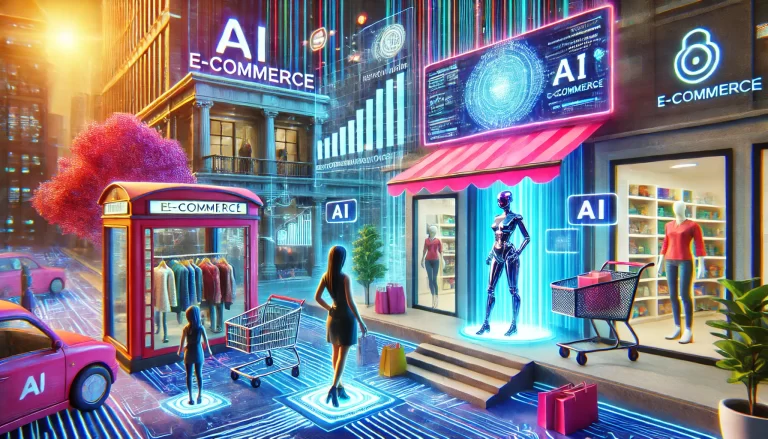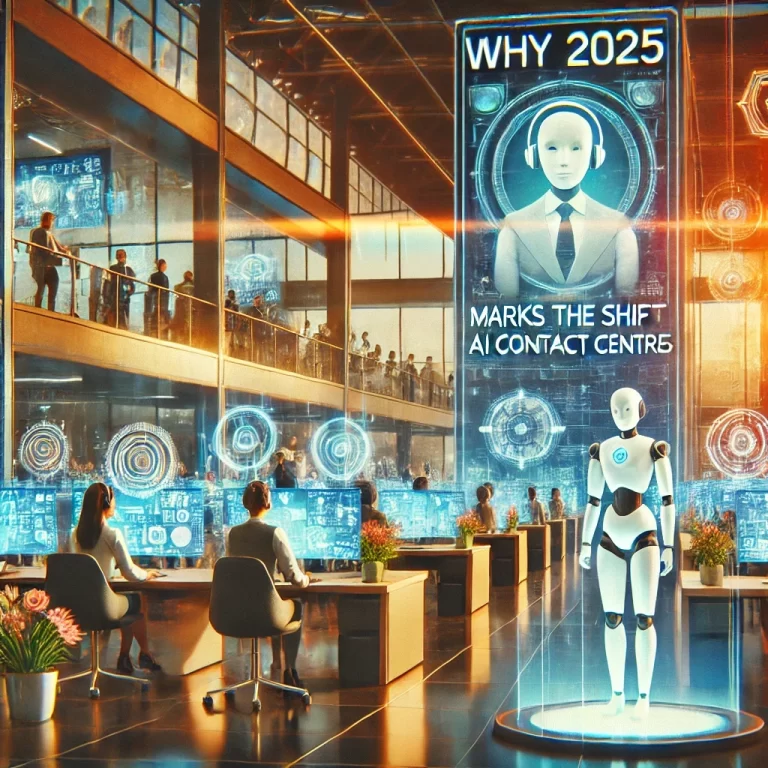The recruitment industry, traditionally reliant on manual processes and human intuition, is undergoing a paradigm shift with the advent of Artificial Intelligence (AI). AI technologies are being increasingly adopted to streamline operations, enhance candidate experiences, and improve the quality of hires. This analysis explores how AI can be implemented in the recruitment industry and the manifold benefits it can offer.
Automating Repetitive Tasks
Implementation
AI can be employed to automate various repetitive and time-consuming tasks in the recruitment process. This includes resume screening, interview scheduling, and initial candidate outreach.
Benefits
Efficiency: Automated systems can handle large volumes of applications swiftly, significantly reducing the time-to-hire.
Consistency: AI algorithms ensure uniform application of criteria, eliminating the risk of human error or bias in initial screening.
Enhanced Candidate Sourcing
Implementation
AI-powered tools can scour multiple platforms and databases to identify potential candidates. These tools use sophisticated algorithms to match job descriptions with candidate profiles across social media, job boards, and professional networks.
Benefits
Broader Reach: AI extends the recruiter’s reach, uncovering passive candidates who may not actively be seeking new opportunities but fit the job requirements perfectly.
Precision: Enhanced matching algorithms ensure a higher relevance of sourced candidates, improving the quality of the talent pool.
Intelligent Resume Screening
Implementation
AI-driven applicant tracking systems (ATS) can analyze resumes and cover letters, identifying key qualifications, skills, and experiences that match job requirements. Machine learning models continuously improve their accuracy by learning from previous hiring decisions.
Benefits
Speed: AI significantly reduces the time spent on initial resume reviews, enabling recruiters to focus on high-value activities.
Quality: Advanced algorithms can identify the best-fit candidates based on nuanced criteria, improving the overall quality of hires.
Enhanced Candidate Engagement
Implementation
Chatbots and virtual assistants can engage with candidates throughout the recruitment process. These AI tools can answer queries, provide updates on application status, and guide candidates through the next steps.
Benefits
Improved Experience: Candidates receive timely responses and consistent communication, enhancing their overall experience.
Efficiency: Recruiters are relieved of the burden of routine communications, allowing them to focus on more strategic tasks.
Data-Driven Decision Making
Implementation
AI can analyze vast amounts of data to provide insights and recommendations on hiring strategies, candidate assessments, and performance predictions. Predictive analytics can forecast a candidate’s future performance and cultural fit based on historical data and behavioral patterns.
Benefits
Informed Decisions: Data-driven insights enable more accurate and objective hiring decisions.
Strategic Planning: AI provides a deeper understanding of hiring trends and outcomes, aiding in long-term workforce planning and strategy development.
Bias Mitigation
Implementation
AI can be programmed to ignore demographic information such as age, gender, and ethnicity, focusing solely on relevant qualifications and experiences. Advanced algorithms can also identify and mitigate unconscious biases present in the recruitment process.
Benefits
Diversity and Inclusion: AI promotes fairer hiring practices by reducing biases, leading to a more diverse and inclusive workforce.
Compliance: Automated systems ensure adherence to anti-discrimination laws and regulations, reducing legal risks.
Streamlined Interview Processes
Implementation
AI can facilitate the interview process through automated video interview platforms that use natural language processing (NLP) to analyze candidate responses. AI can also evaluate non-verbal cues such as facial expressions and body language.
Benefits
Consistency: Automated interviews ensure that all candidates are evaluated using the same criteria and standards.
Efficiency: AI-powered analysis provides immediate feedback and scores, expediting the decision-making process.
Conclusion
The integration of AI into the recruitment industry offers substantial benefits, including increased efficiency, improved candidate experiences, and higher quality of hires. By automating repetitive tasks, enhancing candidate sourcing, and providing data-driven insights, AI empowers recruiters to make more informed and objective decisions. Moreover, AI’s potential to mitigate biases and ensure compliance with legal standards fosters a fairer and more inclusive recruitment process.
As AI technology continues to evolve, recruitment firms need to adopt it strategically, ensuring that their systems are transparent, ethical, and aligned with organizational goals. Embracing AI not only enhances current recruitment processes but also positions businesses at the forefront of innovation, ready to meet the dynamic demands of the future talent market.
Given the increasing importance of efficient operations and strategic planning in businesses, akin to how HealthShare Victoria aims to automate and streamline processes, the adoption of AI in recruitment reflects a broader trend towards leveraging technology for operational excellence and competitive advantage.
Contact the team at Acquire.AI today for more information on how AI can optimize your business processes. Our experts are here to guide you through every step, from initial assessment to a full-scale implementation.



